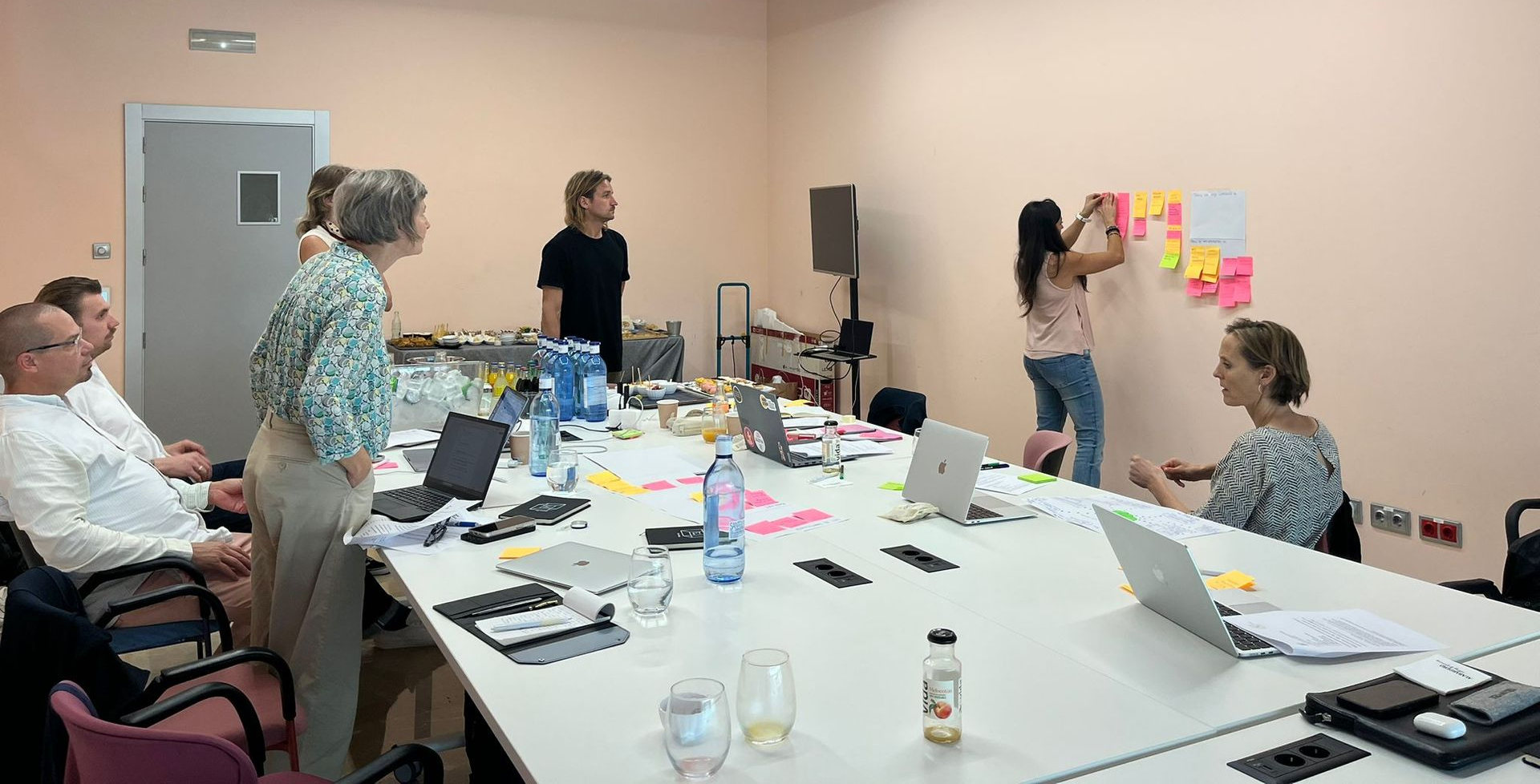UHE Summit Málaga: Building Urban Hub Europe’s Future Together
Urban Hub Europe (UHE) has taken a decisive step forward from a shared vision to a shared plan of action. At our biennial Partnership Summit in Málaga, Spain, we focused on communication strategy, future EU projects, and funding opportunities. What began in 2023 as a cooperation between Bloxhub (Denmark), Nordic Edge (Norway), KIRAhub (Finland), Munich Urban Colab (Germany), ConTech (Denmark), Estonian Digital Construction Cluster (Estonia), and Smart City Cluster (Spain) is now moving ahead with a common platform and a clear direction. For cities, urban planners, and organisations working toward sustainable urban development, this growing partnership offers something powerful: access to an interconnected European network where expertise and resources are shared to accelerate the transition towards green cities.
“To spread the value of UHE, we must lead with stories that connect - stories of how collaboration empowers communities, and redefines what innovation looks like in European cities. Our strength is not in scale alone, but in how we combine diversity, creativity, and shared purpose.” - Inger Hanne Vikshåland, Nordic Edge.
A Shared Agenda for European Urban Innovation
The summit included a workshop to prepare a pipeline of EU project proposals. While UHE’s focus lies on sustainable urban development, the partners outlined a broader field of engagement that reflects the complexity of contemporary city transformation. Themes under this scope include circular economic models within urban planning, social innovation for modern cities, the role of arts and aesthetics in liveable urban design, responsible and applied AI for cities, and the design and governance of innovation testbeds. Our objective is to concentrate joint effort where the network’s combined expertise and reach can generate large scale impact.
Testbeds as Catalysts for Real Change
Testbeds, in particular, stood out as a salient issue. Start-ups frequently struggle to secure real-world environments for prototyping, while municipalities worry about the resource intensity of pilots and the uncertainty of long-term value. UHE is weighing whether its contribution should be strategic, by setting common frameworks and governance models, or practical, by providing access and hands-on support. The partners spoke openly about the challenges that testbeds pose in terms of governance, long-term impact, and scalability.
“Testbeds are more than technical trials or isolated experiments. They are powerful tools for building collaboration across sectors and disciplines, and for accelerating the sustainable transformation of our cities. Testbeds bridge the gap between ideas and implementation. Yet many public, social, and private organizations struggle to test solutions and initiatives in real urban environments and create lasting change. At Urban Hub Europe, we want to understand how we, as innovation hubs, can better support our members and partners in developing impactful testbeds, and ensure they become a strategic lever for scaling and delivering long-term sustainable impact.” Dan Skovgaard Jensen, ConTech Lab.

Open Knowledge, Shared Responsibility
Another discussion, of particular importance to many mission-driven hubs, revolved around how to share knowledge to accelerate the transition to green cities without monetizing access in a way that inhibits learning. Each UHE partner operates as a non-profit, mission-driven organization dedicated to fostering open collaboration among cities. Yet, balancing open access to knowledge with the need for financial sustainability remains a challenge. To address this, the partnership is exploring models that enable open exchange while ensuring long-term viability. One insight from our discussions illustrates why this is important: the term "smart city" has different meanings in different countries. Local conditions, and priorities vary widely, so what works in one city may not work in another. To make more European cities truly “smart cities,” knowledge sharing, provided with the right resources, is essential.
A Partnership Built for Impact
The case for Urban Hub Europe is therefore straightforward. By pooling networks, and know-how, the partnership enables deeper participation in EU projects, accelerates co-development of new technologies and methods, and opens space to explore complex issues that individual hubs would struggle to tackle alone. The outcome of the Málaga Summit is not just a more polished external profile; it is a set of shared mechanisms that make collaboration more credible.
“The engagement and excitement shared at our Summits like this one in Malaga is a reflection of the ambition and potential for the Urban Hub Europe network. Together the partners want to accelerate sustainable urban development across Europe and beyond by mobilizing our ecosystems and shared knowledge into projects and changemaking that none of our organizations could do alone. The vision is to become a power house of urban development on the European scene but also to be a best practise example of how organizations can collaborate on a daily basis to strengthen coherence and innovation. The world has become too complex for any organization to have all the answers inside. Collaboration is the only way forward.” – Martine Reinhold Kildeby, Bloxhub
Looking Ahead
Urban Hub Europe is still young, but growing fast, and every step strengthens our collective ability to support cities across Europe. If your organisation works within urban planning, innovation, or sustainable city development and would like to explore opportunities for collaboration, we would love to hear from you.
Reach out to us at mki@bloxhub.org and become part of the movement shaping the cities of tomorrow.


